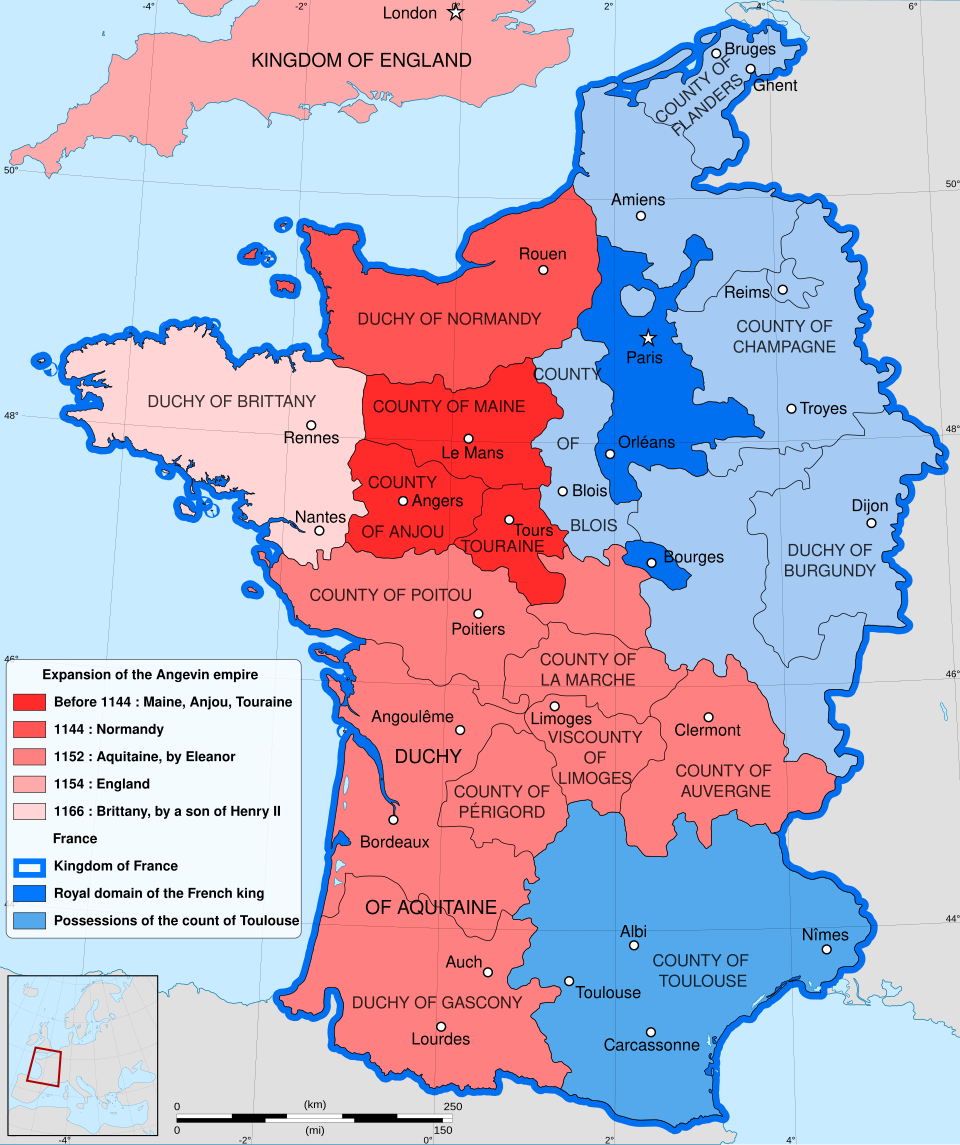January 6, 1842: Retreat from Kabul & First Anglo-Afghan War
- James Houser
- Jan 6, 2020
- 3 min read
Updated: Jun 1, 2021
Side note: I really screwed up the details on this story. I have since read several books on the British invasion of Afghanistan and most of this is inaccurate. I leave it here as a reminder to myself to do better, as well as to tantalize people for my big correction - which will be my upcoming podcast. January 6, 1842: "Afghanistan Was Never Safe," or "You Think YOUR Afghanistan Deployment was Bad?" or "Maybe Stop Invading Afghanistan."
In 1839, Afghanistan was a peaceful little mountain kingdom. Okay, that's a lie. Afghanistan was kind of a big problem to a few people. Sound familiar? Sited between the Russian Imperial frontier in what's now Uzbekistan, and Britain's favorite colonial possession India, it was potentially an invasion route for one or the other. The Russians and British, as empires do, were competing to control, well, everything, and this made Afghanistan a point of friction. Russians could march troops right through Kabul and into India, Brits could march troops right through Kabul and into Persia or Central Asia.
Afghanistan's not a road, though, it's a kingdom. A kingdom ruled by Dost Mohammad Khan, decent guy as kings go. Dost didn't want to ally with Britain, because he knew what happened to people that allied with Britain...they ended up being British subjects. The British, though, were worried because the Russians and Persians had allied against Dost, and they looked like they might invade and overthrow him. Pesky! We can't have that, lads.
So in July 1839, Britain finds a willing patsy...I mean, the rightful king of Afghanistan, Shah Shujah, to replace Dost. Shujah was not a nice guy. When the British marched in with a small army, kicked Dost off his throne in Kabul, and put Shujah in his place, Shujah goes off calling his people "dogs" that "need to be taught to behave." Cool stuff to hear from your new king. The Brits left a small garrison to prop Shujah up and went home. Job well done, right? They put in a friendly government, left some troops to keep the people nice and orderly, and that's a wrap.
We know how that works out in Afghanistan, though.
See, Dost was a captive, but his son Akbar had escaped. He was out there, in the mountains, fighting on. And the Afghans remembered that, y'know, Dost hadn't been a GREAT king, but at least he wasn't this guy. So while the British spent their time playing polo, putting on Shakespeare plays, and trying to make things nice and comfortable for what might be a long stay in Kabul, the country was getting riled up. Warnings from junior officers brought the same response - "eh, they're Afghans, this is what they do."
Things got worse when half the troops were pulled out because they were needed in India. This left a guy named General Elphinstone in charge. 59, sick, and fat, Elphinstone was a nice guy, with good manners, a pleasant nobleman, and referred to as "the most incompetent soldier who ever became general."
In November 1841, Akbar called for a general uprising. The British were in way over their head almost immediately. Trapped in their unprotected camp in the middle of winter, the British decided to withdraw. They had 4,000 soldiers - but also 14,000 civilians, including soldiers' wives, servants, and children. They would have to march out on foot through the freezing passes of the Hindu Kush. Under flag of truce, Akbar promised them safe passage, food, and supplies, and that their sick and wounded would be taken care of.
They left on January 6, 1842. Almost immediately, the sick and wounded were killed. The food failed to materialize. Afghan tribesmen harassed them from the mountains, from the rocks, from every side, and the weather was rising. Finally, Akbar approached Elphinstone and promised that the food and escorts were coming if he would sit and wait.
So he did.
Every day, the rebels killed more, took hostages, broke their word. And Elphinstone sat silently on his horse. And on January 13, the rebels closed in. As scattered fragments ignored Elphinstone's orders and broke out, the rebels destroyed the small army, killing every man, woman and child they came across, taking only a handful of prisoners.

The British got "revenge", sort of, by burning Kabul. But the damage was done. They quietly released Dost Mohammed when he promised to behave himself.
It's a good thing no one ever tried to invade Afghanistan and install a friendly government again. Oh god all this is so wrong. I am sorry. So very sorry.
For the real story, check out my upcoming podcast OR William Dalrymple's Return of a King: The Battle for Afghanistan (London: Bloomsbury, 2012). Seriously, this book is AWESOME.






Comments